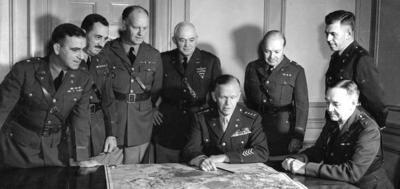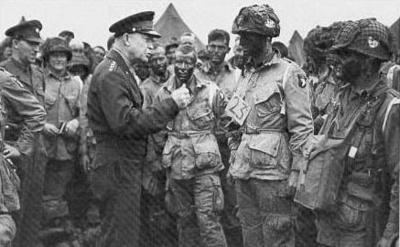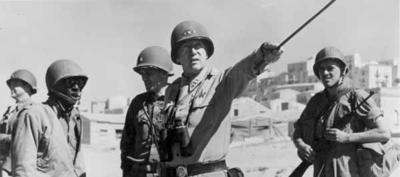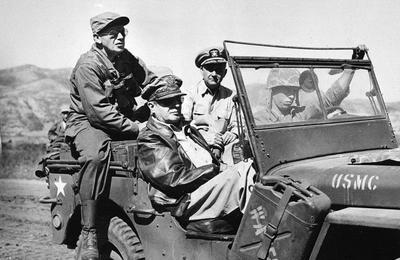What do you think?
Rate this book
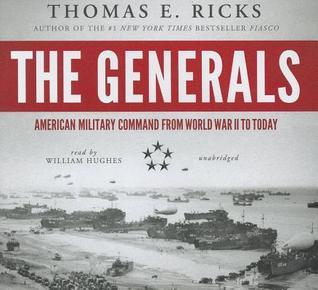

16 pages, Audio CD
First published January 1, 2012
During the Civil War, Stonewall Jackson famously fired a brigade commander who told him something could not be done. President Lincoln also relieved a series of commanders of the Army of the Potomac – Irvin McDowell, George McClellan, John Pope, McClellan again, Ambrose Burnside, Joseph Hooker, and George Meade.
